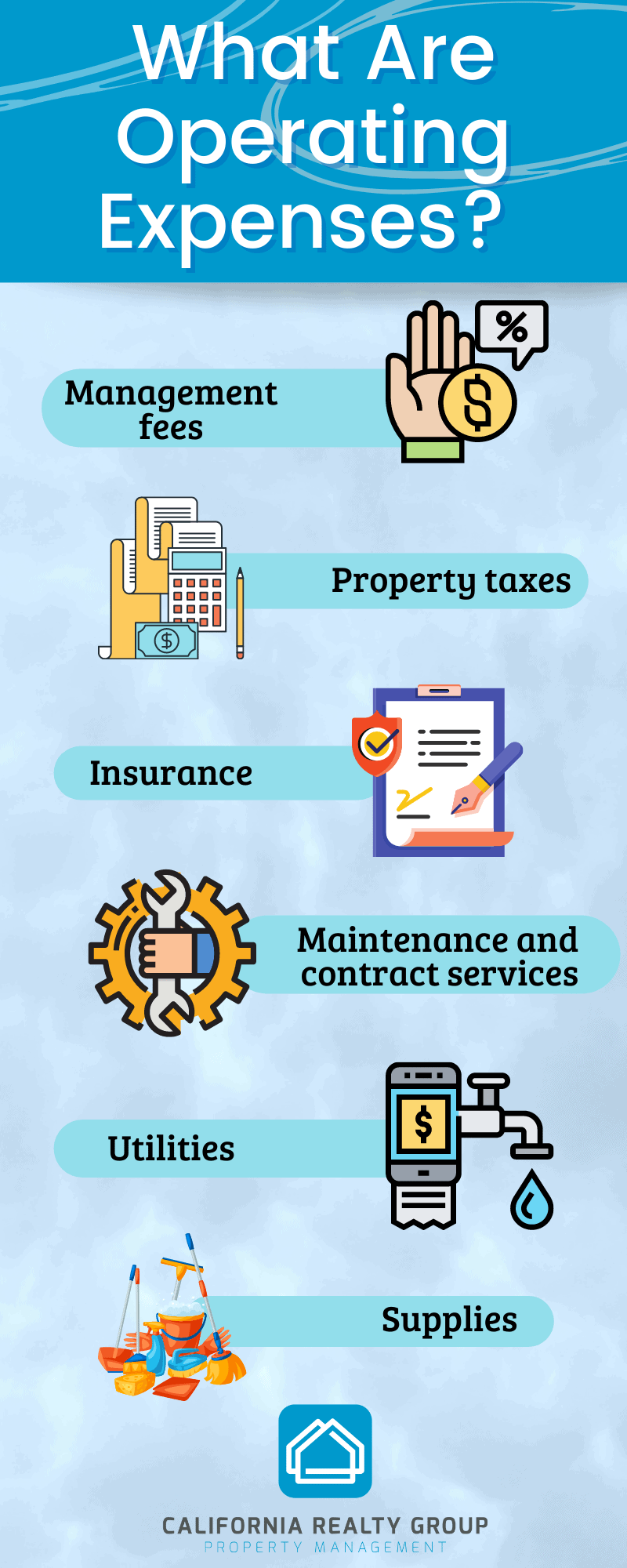Budgeting for Property Management: A Comprehensive Guide to Financial Success
Effective budgeting for property management is one of the most crucial aspects of running a profitable and well-maintained property portfolio. Whether you manage single-family homes, multi-family buildings, or commercial properties, understanding how to allocate resources, control expenses, and maximize profits can make all the difference. In this detailed guide, we’ll walk you through everything you need to know to create a solid property management budget that helps your business thrive.

Why Budgeting is Essential in Property Management
A well-planned budget ensures that you are not only able to cover the costs of property operations but also generate a healthy return on investment (ROI). Property management budgeting involves tracking all revenues and expenses associated with a property and using that information to make informed financial decisions. Here’s why budgeting is key to success:
- Profitability: A detailed budget helps you track income and expenses, ensuring that your properties remain profitable.
- Cash Flow Management: It ensures you have sufficient funds for unexpected expenses and regular upkeep.
- Strategic Planning: A budget allows for better long-term planning, helping you allocate funds for future growth, repairs, or property upgrades.
- Risk Mitigation: Proper budgeting helps to avoid cash shortages and unexpected financial stress.
Key Components of a Property Management Budget
Creating a comprehensive budget for property management involves considering both income and expenses. Below are the essential components that should be included in your budget.
1. Revenue Sources
Revenue is the lifeblood of property management. Your primary source of income comes from tenant rent payments, but there may be other revenue streams to consider as well. These can include:
- Rent: Monthly or annual payments from tenants.
- Late Fees: Charges incurred by tenants for overdue rent payments.
- Application Fees: Fees charged to prospective tenants for processing applications.
- Service Fees: Charges for additional services, such as parking fees, laundry, or pet fees.
- Security Deposits: While typically refundable, security deposits can be considered part of the revenue stream for budgeting purposes.
Understanding your tenant base and rental pricing will help you predict income accurately and make informed decisions on potential rent increases or lease renewals.
2. Operating Expenses
The bulk of your budget will likely go toward covering various operating expenses. These expenses can be divided into several categories, each of which plays a significant role in property management:
a. Property Maintenance and Repairs
Maintenance is essential for ensuring the longevity of your property and tenant satisfaction. Your maintenance budget should cover:
- Routine Maintenance: Includes lawn care, cleaning, pest control, and general upkeep of common areas.
- Repairs: Includes unexpected repairs like plumbing issues, HVAC repairs, and appliance replacements.
- Capital Improvements: Expenses for large upgrades, such as roof replacements, exterior painting, or renovations.
b. Management Fees
If you hire a property management company, you will need to allocate funds for their fees, which are usually a percentage of the rental income (typically 8-12%). Even if you manage the property yourself, consider your time as an opportunity cost.
c. Utilities
Many landlords cover the cost of certain utilities, while tenants may be responsible for others. Ensure that your budget reflects:
- Water, gas, and electricity: These utilities are essential to the operation of the property.
- Internet and cable: If provided by the property owner.
While utility costs can vary, it’s important to track fluctuations and adjust your budget accordingly.
d. Insurance
Insurance is an essential part of property management. Include:
- Property Insurance: Covers damage to the building, such as from fire, vandalism, or natural disasters.
- Liability Insurance: Protects against legal claims in case someone is injured on your property.
Tip: Regularly review your insurance policy to ensure adequate coverage for the changing needs of your property.
e. Property Taxes
Property taxes are a significant expense for property owners. Ensure that you keep up to date with local tax laws and set aside enough to cover the annual property tax bill. Typically, taxes are calculated as a percentage of the property’s value.
f. Legal and Administrative Fees
Legal and administrative fees can arise throughout the year. Consider allocating funds for:
- Eviction Costs: Should you need to evict a tenant, it may involve legal fees and court costs.
- Lease Renewals: Some property managers charge administrative fees for renewing or processing new leases.
- Accounting and Tax Preparation: Fees for professional accounting services and tax filings.
3. Capital Reserves
It’s important to set aside funds for unexpected, large-scale repairs or future capital improvements. This reserve helps property owners avoid financial strain when major repairs are needed, such as replacing the roof or upgrading the HVAC system. A good rule of thumb is to set aside 5-10% of monthly rent revenue for this purpose.
4. Vacancy Allowance
Vacancy is an inevitable part of property management. Your budget should include a vacancy allowance, which accounts for periods when units are unoccupied. This percentage can vary, but it’s typically recommended to set aside 5-10% of your rental income to cover lost revenue due to vacancies.
5. Contingency Fund
Emergencies and unexpected expenses are always a risk. A contingency fund, typically around 3-5% of your revenue, helps you stay prepared for the unforeseen. This can cover emergency repairs, legal fees, or sudden increases in operating costs.

Best Practices for Budgeting for Property Management
1. Track All Expenses Regularly
A consistent review of your budget will help you stay on top of your expenses and spot areas where you may need to adjust. Using property management software can help automate and streamline this process, offering real-time insights into income, expenses, and profit margins.
2. Review and Adjust Rent Prices
Periodically assess local rental markets to ensure your property is priced competitively. Rent increases should reflect the current market conditions, the quality of your property, and the cost of maintaining the building.
3. Prepare for Seasonal Changes
Certain property expenses fluctuate based on the season. For example, heating costs may increase during winter, while landscaping costs are higher during the summer. Adjust your budget to account for seasonal fluctuations in costs.
4. Monitor Cash Flow
Keep an eye on your cash flow, ensuring that you always have enough funds to cover operating costs and repairs. Cash flow management is key to maintaining the financial health of your property management business.
5. Plan for Long-Term Expenses
Large capital expenditures like major renovations or updates should be planned well in advance. Factor these into your budget as long-term expenses and set aside savings for them over time.
FAQs About Budgeting for Property Management
1. How do I set a rent price for my property?
The rent price should be competitive with other properties in the area. Consider factors like location, size, and amenities. Research the local market and adjust the rent price based on supply and demand.
2. How much should I allocate for repairs and maintenance?
A good rule of thumb is to allocate about 1% of your property’s value for annual maintenance. If the property is older or requires frequent repairs, you may want to increase this amount.
3. Should I hire a property management company?
Hiring a property management company can save you time and effort. However, it comes with an additional cost. Weigh the costs of hiring a company against the time and energy you would save managing the property yourself.
4. What’s the best way to handle vacancies in my budget?
Set aside a vacancy allowance, typically 5-10% of your rental income. This helps you prepare for periods when tenants move out and ensures you can cover your expenses even when units are vacant.
Conclusion
Budgeting for property management is an ongoing process that requires careful attention to detail, planning, and flexibility. By tracking income and expenses, preparing for unexpected costs, and adjusting for market conditions, property managers can ensure their properties remain financially successful. A well-managed budget not only protects your profits but also helps maintain tenant satisfaction and property value.
For more expert tips on property management and budgeting, explore resources like Property Meld and California Realty Group.

